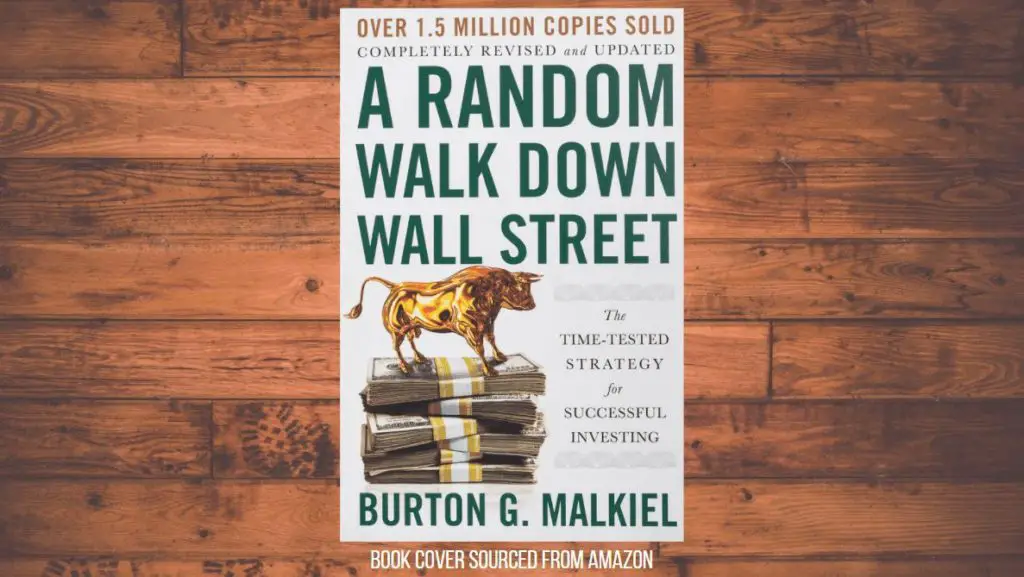This post may contain affiliate links, which means I’ll receive a commission if you purchase through my links, at no extra cost to you. Please read full disclosure for more information.
The beginning of your career is equally as exciting as it is stressful.
On one hand, you’re an adult now and are entering the workplace as a noob with real responsibilities. The days of busy internship work are over and you are expected to drink from the fire hose to get up to speed and bring value to a company.
On the other hand, you are a young buck, have your whole career ahead of you, and finally get to start making some real money and building your future.
Building a solid foundation for your finances while you are young will play a pivotal role in your financial security and freedom for the remainder of your life.
It is important to understand and start saving once you begin to get those first full-time checks.
4 MAJOR REASONS WHY SAVING IS IMPORTANT
I break down the importance of saving into 4 reasons:
- Security
- Retirement and financial independence
- Flexibility to take advantage of investment opportunities
- Comfortable and enjoyable lifestyle
Do these sound like things you would want as well? You can achieve these things by beginning to save while you are young and implementing simple savings habits.
Let’s dive into the 4 reasons.
Disclaimer: Content on biznessprofessionals.com is for educational and informational purposes only and should not be construed as professional financial advice.
1. SECURITY
Security with your finances entails being able to deal with any unforeseen expenses or emergencies that could come up.
Examples could include medical emergencies, maintenance to your car or home, the need to help a relative, or the loss of a job.
As these items are unforeseen, they cannot be predicted but they definitely need to be prepared for.
You truly never know what will happen. My first job was at a young and expanding hedge fund. When I landed the job, I thought that I was set for the rest of my career after being hired as the third person on the team.
That dream soon ended within 6 months when the firm was forced to close due to a large drop in the fund’s performance following a crippling market event. In less than 6 months of being hired, I was jobless with no income.
Luckily, I started saving immediately upon being hired and built up a “rainy day” fund, which is a portion of savings allocated for emergencies such as mine.
That rainy-day fund saved me and helped me survive until I received my next job offer.
To build security and have peace of mind, start building up your rainy-day fund as fast as you can. Try to build up at least 6 months of your total monthly living expenses including rent, utilities, food, and other bills.
Build up past that if you can, but definitely always maintain a reserve of 6 months of living expenses.
2. RETIREMENT AND FINANCIAL FREEDOM
When you are fresh out of school, retirement seems way too far into the distance to think about, but the foundation for your retirement and financial freedom is better started sooner than later. Take advantage of compound interest and begin saving as soon as you can.
The first step and one of the easiest ways to save for your retirement is by enrolling in your company’s 401(k) plan. When you are hired, you should get information on how to enroll, but if you don’t reach out to the human resources department.
Next, you can also open up IRA accounts and begin funding those as well. A Roth IRA is popular because of the tax-advantaged characteristics of a tax-free growth on your investments and tax-free withdrawal.
Enroll in these two accounts and contribute the maximum allowable amount and your foundation for your retirement will be off to a great start.
3. TAKE ADVANTAGE OF INVESTMENT OPPORTUNITIES
Experienced professionals in the investment community and personal finance space preach about taking more risks in your investments while you are in your 20s.
The reason is that you are young, usually have fewer responsibilities, and can afford to allocate your money to riskier investments.
Throughout your life, you’ll come across and be presented with investment opportunities. Maybe from a colleague, a friend, a family member, or something you just stumble upon.
Most won’t interest you or have any appealing prospects, but you might come across that opportunity that you think is a gold mine!
You wouldn’t want to find an opportunity that’s too good to pass up and be restricted with no funds to invest with.
Saving and creating a fund for these types of opportunities should be a priority of yours as well.
You could set up some savings rules through your savings or investment accounts and keep those funds in liquid forms of investments so you can quickly act on and pursue an investment that comes up.
4. COMFORT AND LIFESTYLE
Saving doesn’t have to be all about preparing for the worst and setting yourself up for retirement.
Saving can be used as a tool to help you enjoy your life to the fullest and live comfortably.
If you are early into your career, implementing savings goals for things you want to purchase can be a way of buying things with a disciplined approach.
Whether you want to travel, purchase a car, or a home, building up a fund through a savings account for these items can help you achieve your goals.
There are a few ways you can do this that I personally implement myself:
- Set up automatic withdrawals with your bank to withdraw from your checking account into my savings account
- Use the Digit app to set savings rules that automatically pull out ideal amounts from your checking account using artificial intelligence
- Use the Qapital app to set up a variety of savings rules to passively save with a “set it and forget it” style
When you build your savings goals for your lifestyle, you’ll want to make sure this isn’t taking away from the more important savings items such as your emergency fund or savings for your retirement through a 401(k), IRA, etc.
Savings for your comfort and lifestyle should be built with excess funds leftover after funding those accounts.
Saving for personal purchases is a good strategy because, with automated savings, these accounts build up over time mostly without you even noticing.
In months, you can have enough to fund certain things and won’t feel guilty about making an expensive purchase since these funds were specifically allocated for that.
Another benefit of saving this way is the discipline it will force you to have. If you do not have the funds saved up for the purchase, then you can’t afford it. It’s that simple and you should view it as black and white. Either the funds are there or they are not.
This will keep you from making unwise impulse purchases.
SUMMARY
Savings can be difficult to start and build up.
When you are fresh out of school, you begin earning real money and just feel like buying all the things you couldn’t when you were a broke college student.
I get that. I felt the same way and I’m sure many others have as well.
After the initial splurging you do on a few items, it is important to buckle down and build up savings accounts for different purposes.
Firstly, saving an emergency fund can help you in those times where unforeseen circumstances come up and require you to pay your earned cash.
Next in importance is to save for your retirement and financial freedom. This is a long-term goal, but slow and steady the earlier you can wins the race.
Investment opportunities are everywhere and will come into your life somehow and in some way. You want to be sure you have funds available to take advantage of these opportunities by building up an account through savings.
Finally, save to be able to live comfortably and enjoy your life. Everyone should be able to make purchases they want for items such as cars, houses, travel, and dining.
You can enjoy these things by wisely saving and budgeting amounts to allocate towards these different purchases.
This can largely be done passively too through apps and accounts where you can automate withdrawals.
A little work, in the beginning, goes a long way with saving. Take the extra time at the beginning of your career to set up a savings strategy and get things in place as early as you can. With consistent habits and the help of compound interest, you’ll be on your path to financial security and freedom.



